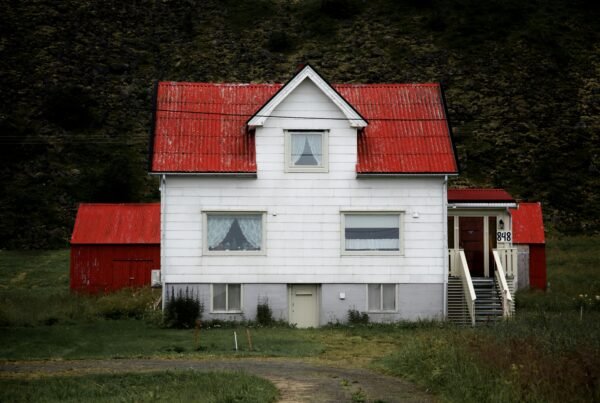Unintended Airbnb impact on economies worldwide
Airbnb has been a great income earner for many people.
With reportedly, more than 6 million listings in 191 countries, (as of August 2019), Airbnb has achieved unparalleled growth within its industry since its 2008 launch.
Airbnb’s success was founded on the ability of essentially anyone being able to list an extra room on their website. It has been a great way to holiday and will hopefully continue to be post Covid.
A report from earlier this year said that Rental market in NZ was ‘flooded’ with former Airbnb properties.
Property investors were pulling properties from Airbnb to offer as long-term rentals instead.
The tourism industry came to a sudden standstill as countries worldwide responded to the spread of coronavirus.
The travel industry was clobbered, from flights, to cruises, to lodging. And Airbnb and short-term rental property owners have felt the devastating effects of people putting travel on hold due to Covid-19.
Airbnb hosts have had to adjust both short-term and long-term revenue estimates
An overseas survey recently surveyed part-time and full-time Airbnb hosts as well as guests who had used the platform.
In June they found that 47% of hosts did not feel safe renting to guests, while 70% of guests were fearful to stay at an Airbnb, and 64% of guests have either cancelled or plan to cancel an Airbnb booking since the beginning of the pandemic.
Airbnb hosts expected a 44% decrease in revenue for June-August.
It was found that 45% of hosts thought that they would not be able to sustain operating costs if the pandemic lasted another 6 months (while 16% have already missed or delayed a mortgage payment on one or more of their properties).
Changes proposed in Christchurch “the garden city” of New Zealand
In Christchurch it was reported that Council have announced that anybody using homes for visitor accommodation for 61 to 180 nights a year would be classed a “discretionary activity”.
The council could consider any environmental effects in the consent, including noise and traffic impacts on neighbours.
Anything more than 180 nights a year would be classed a “non-complying activity” and the council could only grant the consent if environmental effects were minor.
If passed, unhosted visitor accommodation in residential areas would be allowed for up to 60 days a year – with resource consent. The council could not decline the application, but instead apply conditions.
So what impact will this have on AirBnB, especially in a city that is still recovering economically, where many local businesses rely on tourism dollars brought in by Airbnb guests.
It was noted that nearly 250,000 guests in the city last year used Airbnb – “visitors who spent money in Christchurch businesses and helped grow local jobs”.
Opponents have labelled it as ” anti-tourism.”
Airbnb is labelling the proposed rules “outdated, regressive and restrictive”
Lastly, recently it was reported that hundreds of providers of short-term accommodation in NZ, through Airbnb, bookabach and the like, have been given a temporary tax break by Inland Revenue.
Short-term accommodation providers will not have to pay GST on their properties if they stop providing accommodation due to the impact of Covid 19.
While there will always be pros and cons associated with Airbnb, with the biggest risk being possible damage caused by partygoers, or disturbing the peace and quiet of a neighbourhood, it is still an option preferred by many when holidaying.
©2020 e-propertymatters.com




